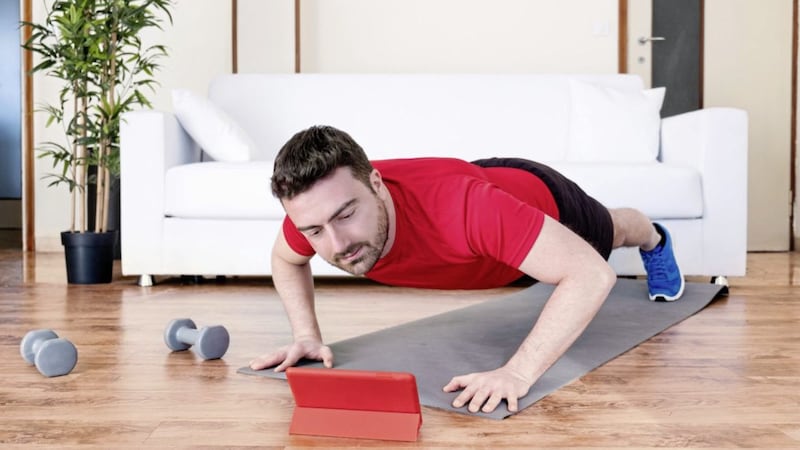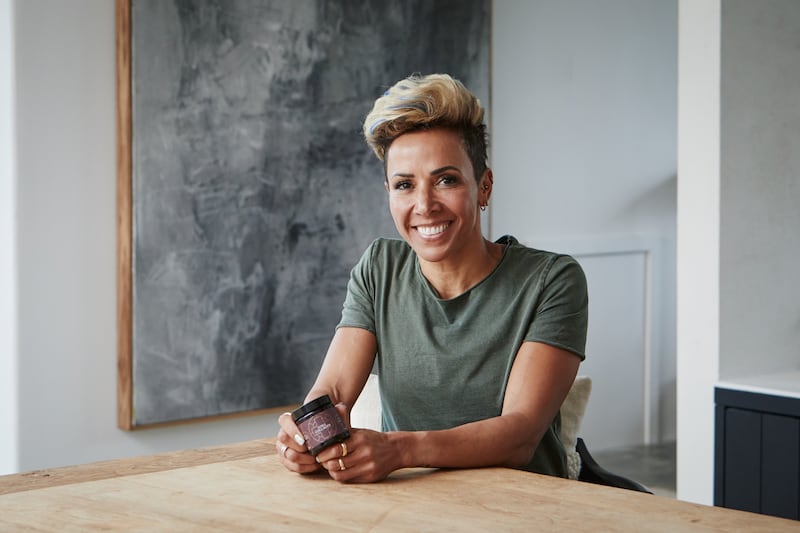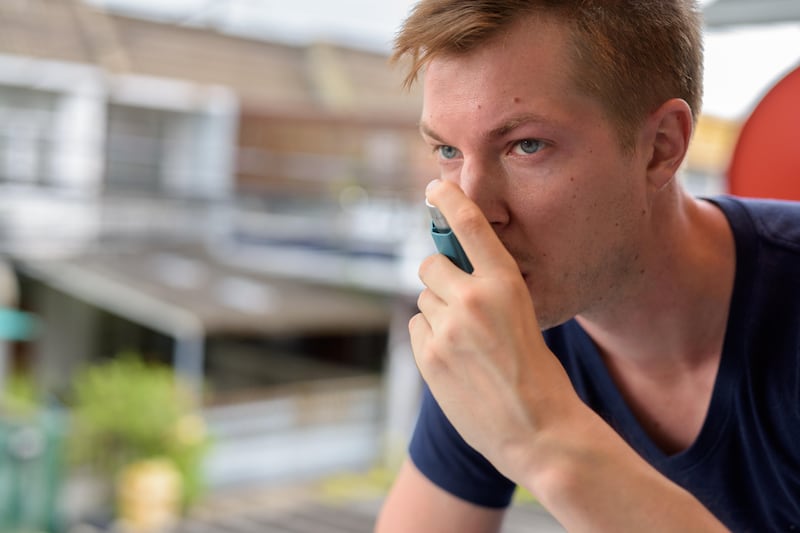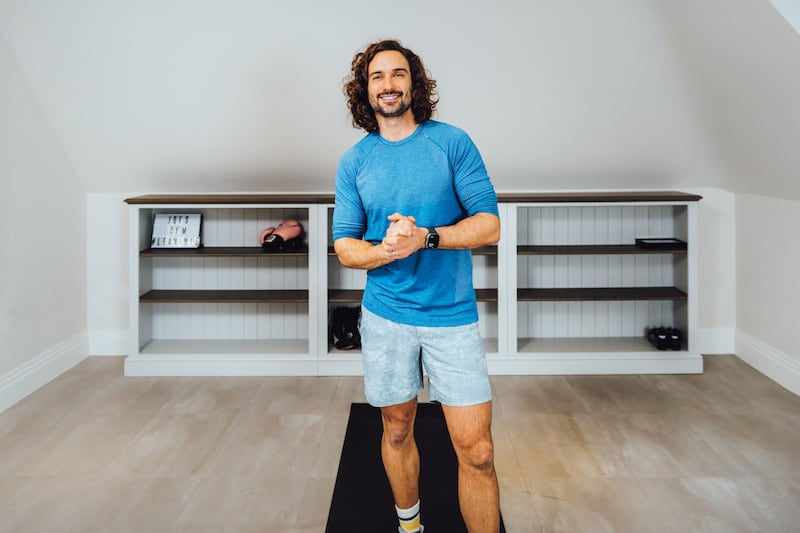A NEW study has concluded that regular exercise does help maintain a healthy immune system.
Immunity expert and co-author Dr James Turner explains: "In the context of coronavirus, the most important consideration is reducing your exposure from other people who may be carrying the virus. But people shouldn't overlook the importance of staying fit, active and healthy during this period. Provided it's carried out away from others, then regular, daily exercise will help better maintain the way the immune system works."
He says regular moderate-intensity aerobic exercise – such as walking, running or cycling – is recommended, with the aim of achieving 150 minutes per week.
The University of Bath study co-author Dr John Campbell adds: "It's increasingly clear that changes happening to your immune system after a strenuous bout of exercise don't leave your body immune-suppressed. In fact, evidence now suggests your immune system is boosted after exercise."
Here, Turner and Campbell outline some of the ways exercise is beneficial to the immune system...
1. Vigorous exercise can help improve the immune system rather than suppress it
Research from the Eighties and Nineties led to the 'open-window' hypothesis, which suggests the immune system is compromised in the hours after vigorous exercise, leading to an increased risk of infections in subsequent days. Turner and Campbell say that although the behaviour of almost all immune cells is altered during and after exercise, this reflects a temporary redistribution of immune cells to outlying tissues. This, they say, results in increased immune surveillance and immune regulation, rather than immune suppression.
2. Exercise may limit ageing of the immune system
Turner and Campbell say studies show regular physical activity and frequent exercise might limit or delay ageing of the immune system. Exercise has been shown to be the most successful way to delay the onset of frailty in old age, and varied exercise including resistance, balance, endurance and coordination training is the most effective, according to a 2016 University of Valencia review.
3. Wounds heal faster if you're fit
The immune system has three main lines of defence, say Turner and Campbell, and exercise helps maintain the normal function of each of these. The first defence is physical barriers like the skin, which stops germs from entering the body. Studies have shown that skin wound healing is faster in people who are regularly active compared to sedentary people, thus reducing the risk of infections in people who exercise.
US research published in 2005, for example, found that when healthy sedentary people aged between 55-77 took part in a three-month aerobic exercise programme, exercising for an hour three days a week, as well as achieving significant improvements in cardiorespiratory fitness, a small wound made on their arms healed at a much faster rate than in a control group that didn't exercise.
4. Exercise boosts natural 'killer cells'
The immune system's second line of defence is 'innate' (or natural) immunity, which is mainly made up of cells called neutrophils, and natural killer cells. "Exercise has a profound effect on these cells," explains Campbell. "For example, during a bout of exercise, natural killer cells move into the bloodstream in vast numbers, and following exercise these cells migrate to sites of inflammation to seek out pathogens, damaged cells (eg muscle) and cancerous cells."
5. Regular exercise helps the immune system identify germs better
The third line of defence is 'adaptive' (or memory) immunity, which is made of lymphocytes called T cells and B cells. Exercise also has a profound impact on these cells. "It has been shown that lifelong regular exercise may help maintain healthy numbers of young T cells as we age, which may help the immune system better identify pathogens and cancer as we reach older age," says Turner.
6. Exercise improves vaccination response
Vaccination is one of the best ways to see how the immune system works because it tests the ability of many different immune cells to coordinate and produce antibodies, explains Campbell. Exercise of almost any type has been found to improve the way people respond to vaccines, according to a 2014 University of Sydney review. "There's even evidence that elite athletes who train regularly have higher antibody responses to vaccination than people who don't exercise," he adds.
7. It's good for health overall
Regular physical activity reduces the incidence of many chronic diseases in older age, say Turner and Campbell, including communicable diseases such as viral and bacterial infections, as well as non-communicable diseases like cancer and chronic inflammatory disorders.








